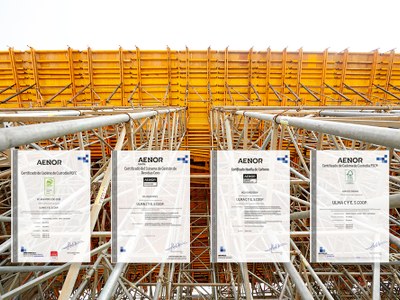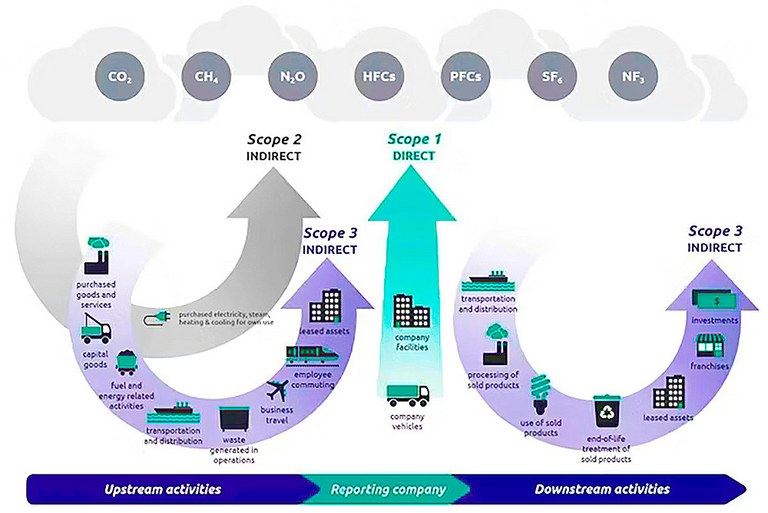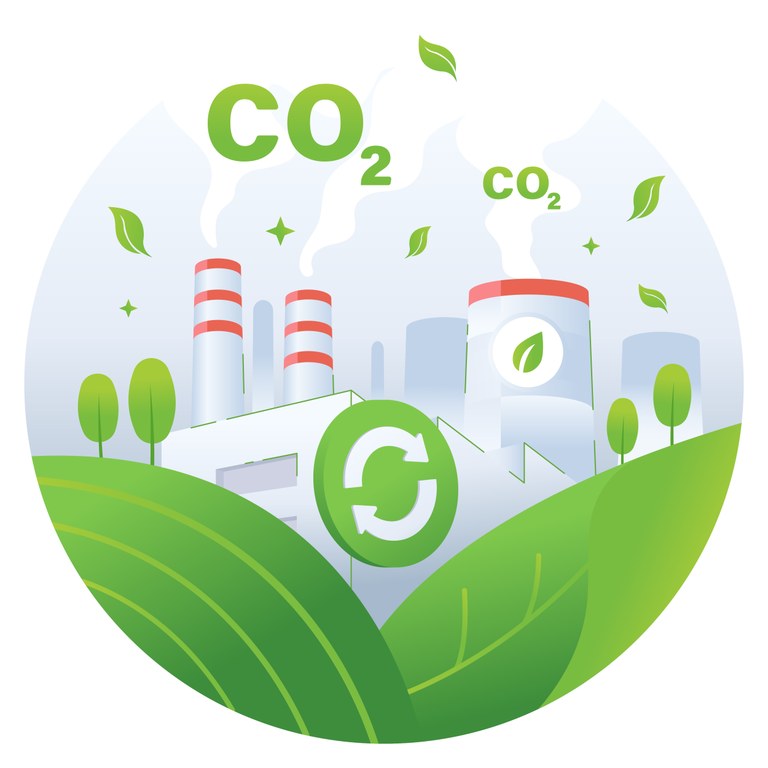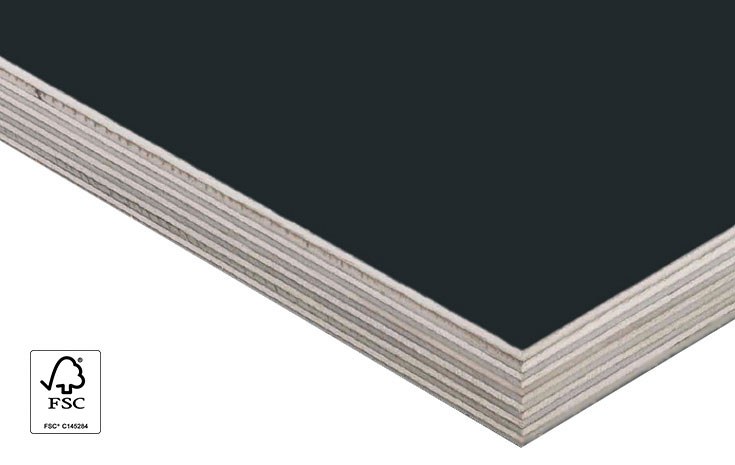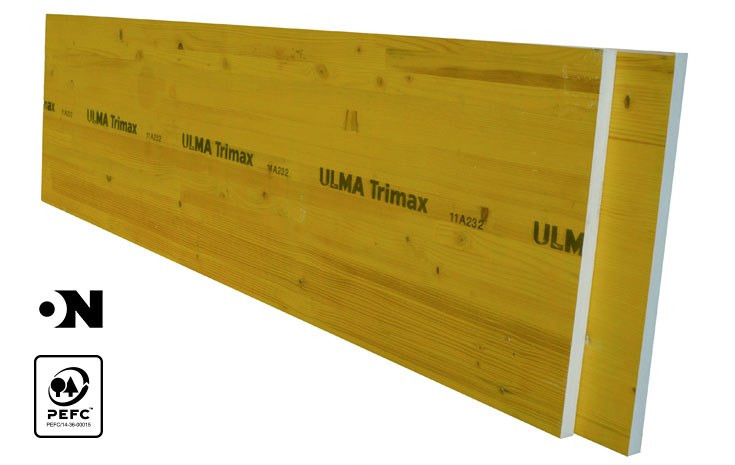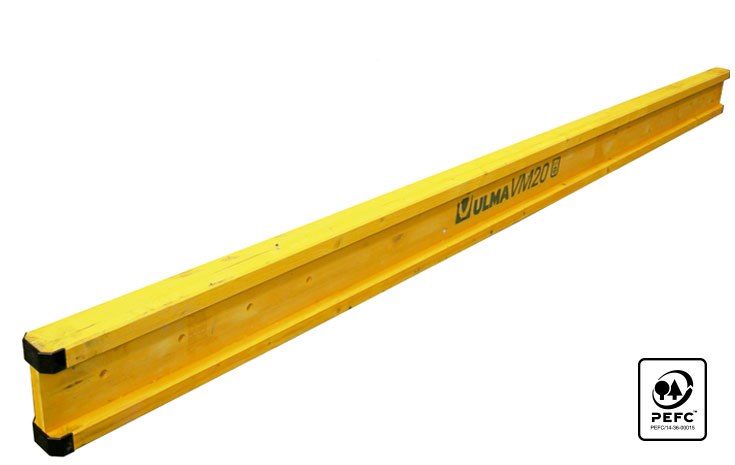ULMA successfully renews the certificates vouching for its sustainability strategy
Firstly, the renewal of the FSC (Forest Stewardship Council) and PEFC (Programme for the Endorsement of Forest Certification) chain of custody certificates guarantees the origin of the timber sold by ULMA and certifies compliance with the requirements for traceability of forest products to sustainable sources. These certificates guarantee that the timber used for ULMA’s three-layer wooden boards, VM-20 wooden beams and plywood panels with phenol resin sheets comply with the necessary standards to ensure the sustainability of the forests they come from. The certifications cover all ULMA Construction’s work centres in Spain. This is an important and very necessary step, bearing in mind that deforestation accounts for at least 10% of greenhouse gas (GHG) emissions and that the forests are our planet’s main natural sinks, essential for turning carbon into oxygen and with a major impact on the sustainability of the earth on both an environmental and socio-economic level.
The recent renewal of the “Zero Waste” waste management system certificate issued by AENOR to the Oñati and Ajofrín factories is another important step forward and forms part of the application of the circular economy model to ULMA’s work, with a view to extending the lifetime of products, materials and resources and reducing the amount of waste generated to a minimum. This certificate vouches for over 90% recovery of the waste produced at ULMA’s factories on manufacturing, repairing, reconditioning and remanufacturing industrialised construction systems (scaffolding, shoring and formwork). Specifically, in 2024 this figure reached 95.4% for waste recovery at the factories and at the main regulating warehouse in Toledo.
Finally, the renewal of the scope 1+2+3 organisational carbon footprint certificate issued by AENOR is yet more proof of the work done by ULMA in the sustainability area. This renewal shows that the greenhouse gas (GHG) inventory has been verified at all the work centres in Spain and covers the categories in scopes 1, 2 and 3 for 2024, in accordance with the requirements of ISO Standard 14064-1:2018.
In addition to the involvement of the entire organisation in achieving the renewal of these certificates, ULMA’s sustainability strategy also includes the study and application of specific actions aimed at minimising its environmental impact.
As a company adhering to the UN Global Compact since May 2024, ULMA supports the initiative to create a more inclusive, prosperous and sustainable business fabric and for another year running it has joined the commitment of the Party Summit to the UN’s Framework Convention on Climate Change. The event is being held in Brazil this year, bringing together world leaders, scientists and non-governmental organisations between the 6th and 21st of November to debate on the priority actions needed to combat climate change.
The COP30 will basically address the commitments acquired to reduce greenhouse gas (GHG) emissions and limit global warming to 1.5°C, by submitting new NDC (Nationally Determined Contribution) action plans.
These commitments were adopted and first submitted on 12 December 2015 to the Paris Agreement or COP21 Party Summit, and each country reviews and updates them every five years, in addition to reporting on their progress and emissions via transparency mechanisms established by the UN. The action plans aim to achieve a balance between emissions and absorption of greenhouse gases, as a means to achieve net emissions or carbon neutrality and become climate-neutral by 2050.


